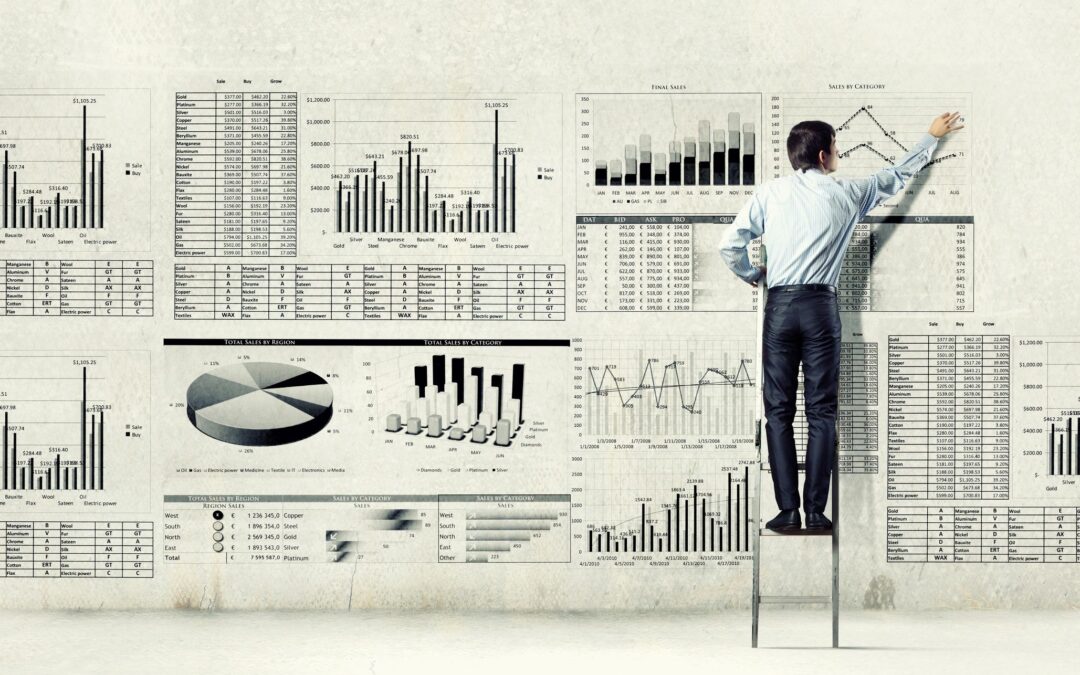
by Nicholas Mitsakos | Investment Principles, Investments, Writing and Podcasts
The government is providing a backstop for all government-backed securities. The Fed is also going to be extremely active in the markets, buying not only fixed-income securities but also stock index funds. They are working very hard to keep the market aloft and preventing it from cratering (they still may not be successful). This is an election year and this administration will do everything it can to make sure things look as good as possible through November.
I understand there is riskiness, but I expect economic activity and fed support to continue to increase. Even if we have an increase in coronavirus cases, people will remain optimistic – justifiably or not.
There will be extreme volatility. Economic activity will waiver, increase suddenly, pull back, and the pattern will continue for some time to come.
Market volatility is our friend because we have a stable source of cash flow that protects our capital base. On top of that, the speculative strategy will profit from volatility while the equity investment strategy will play for the long term – it is a multi-year long-term perspective.
Although there are a handful of investments where confidence in the five-year curve is justified, and now is a great time to make these long-term investments, it is still very unpredictable.
The short- and long-term state of the economy, how this massive amount of debt gets repaid, how we reopen businesses, etc. is unknown, volatile, and any attempt to predict seems fruitless. But, understanding how to adjust for risk, accept, and ultimately take advantage of volatility, will be powerful. Along with a long-term perspective, this will be the most effective investment strategy. The Fed is printing more money. We’re going to see a lot of capital injected into the global economy. But the presence of money is not the important factor. It’s the velocity of money – how people are spending it and is that money chasing after other goods. That will drive inflation. We didn’t see it in the past even though we had a massive capital injection. Deflation and recession are much bigger concerns. Inflation is not on the horizon. The Fed’s enhanced bond-buying, which includes high-yield bonds and other fixed-income securities is unprecedented and has boosted the value of debt portfolios. However, these portfolios (mostly just above or just below investment grade) still yield attractive disproportionate risk-adjusted returns.

by Nicholas Mitsakos | Economy, Investment Principles, Public Policy, Writing and Podcasts
The US economy is facing a transitory, but critical, credit emergency beyond the Fed’s normal scope. A new federal credit facility is needed to ensure that sound businesses and households have ready access to cash to get through this crisis. Global business needs a giant bridge loan to get through a tough few months, and governments may need to intervene to make it happen – led by the Fed. The credit markets need substantial additional liquidity, taxes need to be cut to get cash to companies, and banks need to lend and show patience
by Nicholas Mitsakos | Book Chapter, Investment Principles, Writing and Podcasts
It is the reasonable person who stops and sees, connecting the dots and not trying to manipulate reality to fit your vision. The unreasonable try to force change where it is unwelcomed, or, more often, stick to a belief increasingly at odds with the world’s reality. The reasonable person looks at the world and tries to connect the dots others don’t see – but the dots are there. They may seem unrelated to most but seeing what most miss is innovation’s foundation. It is connecting those dots and seeing how things can connect – not forcing something that isn’t there or ignoring what is and how it has changed. It is only afterward that a new idea seems reasonable. To begin with, it usually seems unreasonable. Don’t be fooled and believe you must force change.

by Nicholas Mitsakos | Economy, Investment Principles, Writing and Podcasts
Thinking the government now can take over something the private markets provide efficiently and effectively as government is the appropriate entity to provide those services from now on only leads to inefficiency, misuse of capital, the demand for more tax revenue to support the inefficiency, and the downward spiral which ultimately creates more inefficiency that private industry will look to rectify.

by Nicholas Mitsakos | Economy, Investment Principles, Investments, Writing and Podcasts
High growth companies competing for large total addressable markets may not be creating long-term value. Cheap capital has created a vicious circle of unproductive investment. Markets will correct this overvaluation and misappropriation with a rather unpleasant bang.

by Nicholas Mitsakos | Economy, Investment Principles, Public Policy, Writing and Podcasts
While the current trade war commands our immediate attention and thoughts about its impact on the global economy, there are deeper and perhaps more troubling issues regarding globalization and its future.





